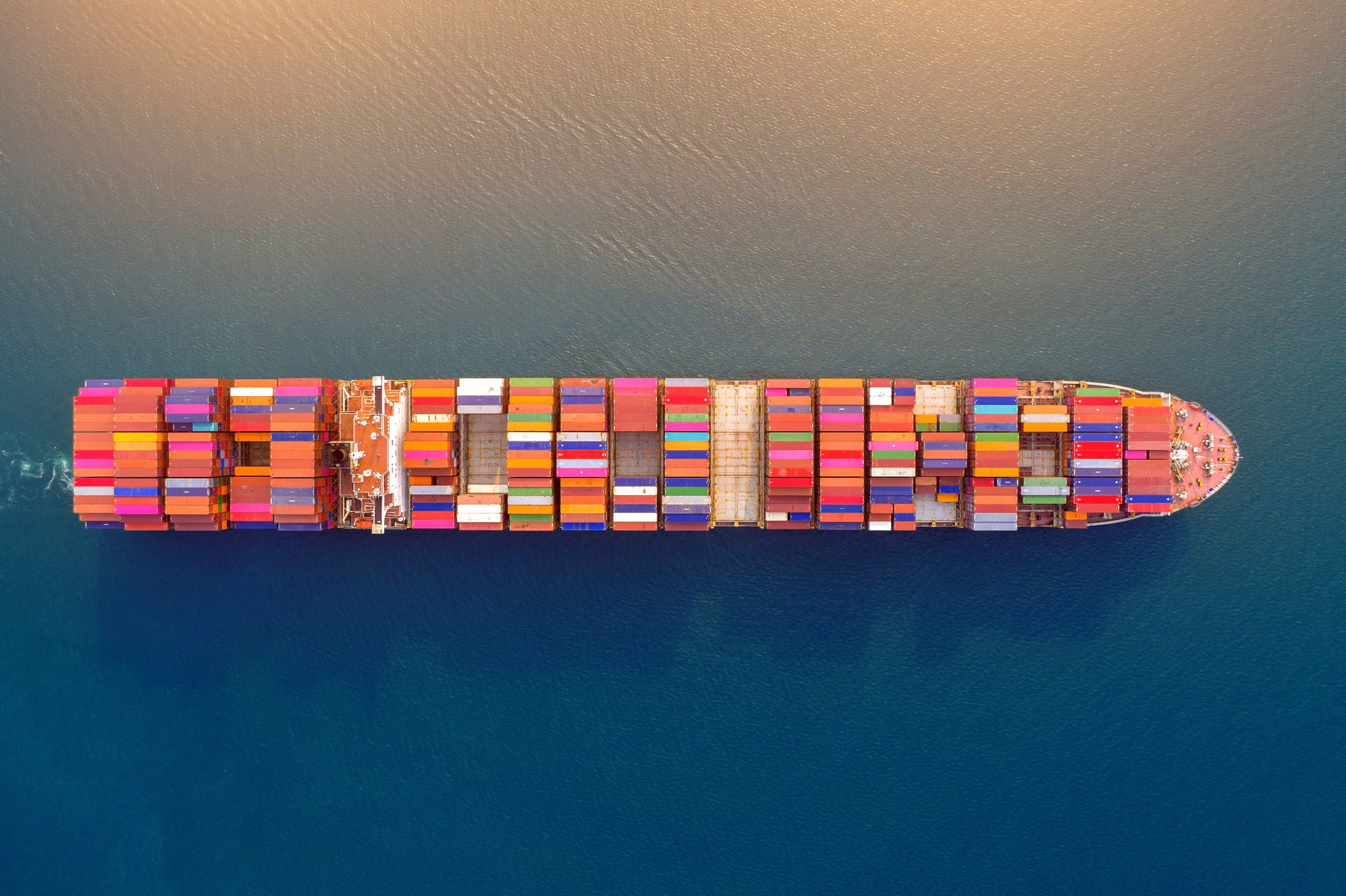
Green list waste refers to materials such as scrap paper that are considered non-hazardous and can be exported for recycling with fewer checks than other forms of waste. In the UK, green list waste needs to be sorted and uncontaminated to the required standard, and accompanied by an Annex VII document. Traders also need to ensure that the waste shipment will be accepted by the destination country, whose rules may differ.
What are Article 18 controls?
Green list requirements are sometimes referred to as Article 18 controls. This refers to the Basel Convention on the Control of Transboundary Movement of Hazardous Wastes. Almost all UN member states are parties to this legally binding treaty, including the UK. The United States is not a signatory.
Green list rules
Green list rules only apply to non-hazardous waste that is being shipped between Organisation for Economic Co-operation and Development (OECD) countries that have equivalent environmental standards to the EU and UK. Classifications of waste differ between these countries, however. India for example considers waste paper to be hazardous waste requiring special documentation such as form 6 and form 9 transboundary movement documents and a certificate of chemical analysis report. Italy, on the other hand, doesn’t classify scrap paper as waste at all.
Annex VII
UK exporters of green listed waste need to complete an Annex VII document to satisfy domestic regulatory requirements. The Annex VII document accompanies the material being sent overseas. It records who has arranged the waste shipment, who is transporting it, and where it is going. It also describes what the waste is, citing the relevant identification codes.
When the shipment arrives at its destination, the importer and the recovery facility (if the two are different) must sign and complete relevant sections in the Annex VII form. Copies of all Annex VII forms must be kept for 3 years, and the competent authorities can ask to inspect them at any time.
Pre-shipment submission for Scotland and Northern Ireland
For Scotland-based exporters, information contained in Annex VII forms is submitted to the Scottish Environment Protection Agency (SEPA) before the shipment gets moving. A similar pre-shipment submission requirement applies in Northern Ireland, which does not however apply in England and Wales.
Green list waste plastic
Waste plastic can only be shipped under green list controls if it meets the requirements of the Basel code B3011. It has to be a single polymer plastic, or the permitted mixture of polyethylene (PE), polypropylene (PP) and polyethylene terephthalate (PET). It needs to be almost free from contamination and other waste types, including other waste plastics. It also needs to be recycled according to R3. This entails recycling or reclaiming organic substances that are not used as solvents without harming the environment. All contractual and official documentation must be kept as evidence of compliance.
Notification controls
Waste that is not classified as green list falls under notification controls. In these cases the exporter must notify all competent authorities before the waste embarks, and receive their consent to proceed. Annex VII documents are not used for these shipment types.




